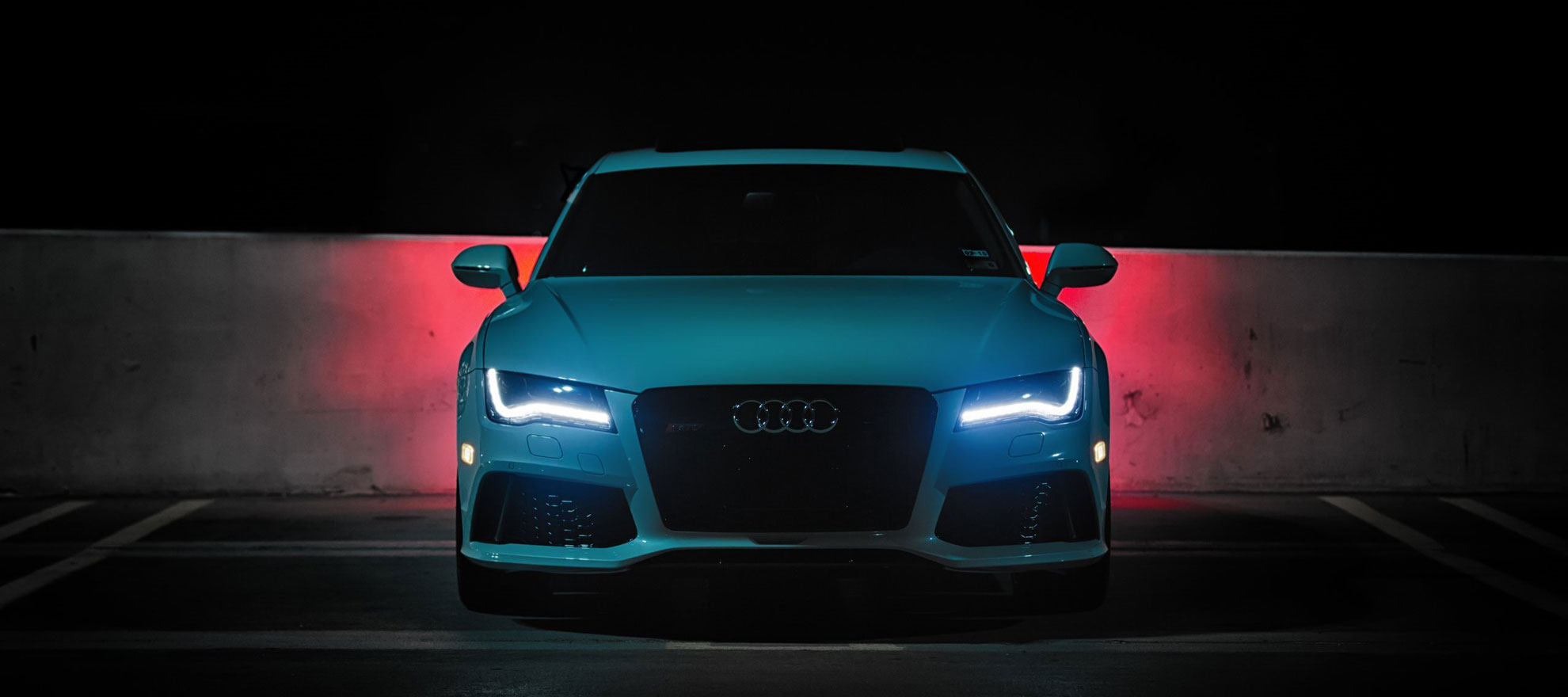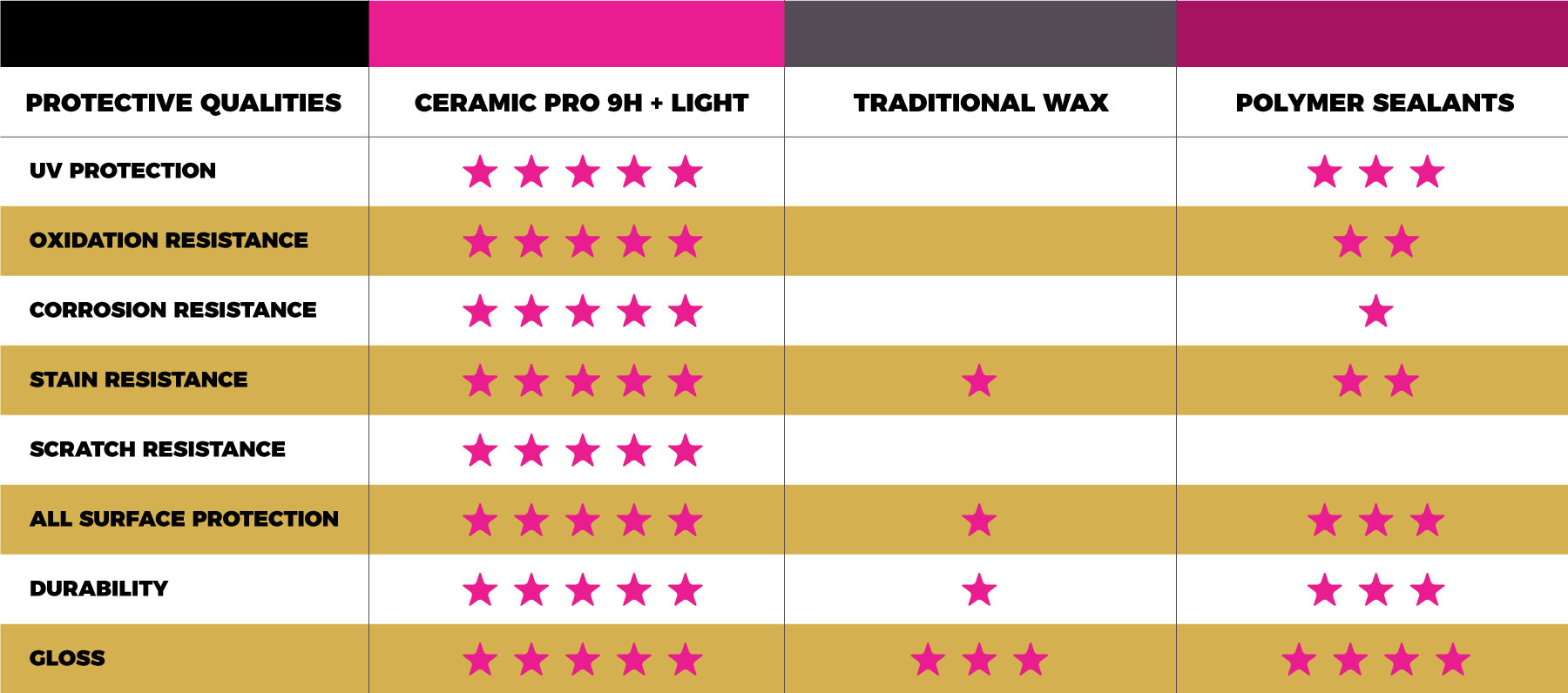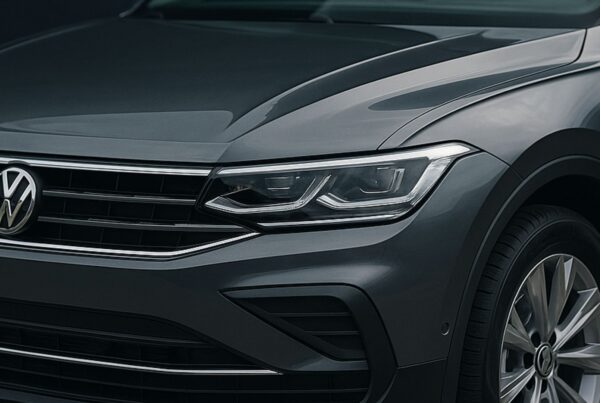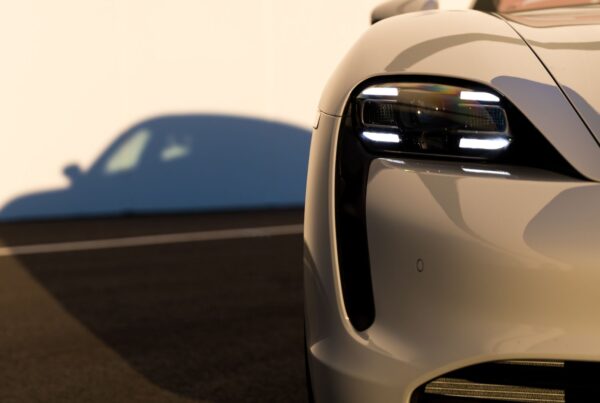Automotive enthusiasts tend to place most of their focus on protecting their car’s paint and keeping their tires clean, but what about the windshields and windows? Don’t they deserve the same amount of love and attention? A growing trend in the automotive culture is applying a ceramic coating on glass – including windshields and rear windows.
Having glass that is clean and clear is essential for driving to give you the best visibility possible, which is especially important during bad weather. To help with this, a ceramic coat can be applied to your car’s glass.
While most people use a ceramic coating to protect their car’s paint, it really can be applied anywhere – including the wheels, vinyl wraps, fiberglass, PPF, and glass. There are many ceramic glass coating products available on the market. But a common problem with all of them is their longevity, effectiveness, and claims that one-size-fits-all.
So, let’s take a stab at learning more about applying glass ceramic coating. We’ll explain the science behind a nano-protective coating and why applying DIY ceramic coatings on windshields isn’t as cracked up as advertised.
How Ceramic Coatings Work
If you have ever used a nanoceramic coating on your car’s surface to protect the vehicle’s paint against UV rays, then you know how effective it is due to its hydrophobic properties which allow it to repel water and other contaminants and its longevity in protecting your surface. It follows, then, that you would benefit from using it on your vehicle’s glass as well.
This video will provide some important details as to how a nano ceramic coating is designed to work.
Many DIY ceramic coatings are engineered with natural and synthetic ingredients, such as silica dioxide (SiO2) or nano-quartz (SiO4) and titanium dioxide (TiO2) to create paint protection. While these are highly concentrated, they are safe to use. When applied onto a surface, the product bonds to the top layer and generates a semi-permanent protective layer that is strong, smooth, and fully transparent.
How Professionals Apply a Ceramic Coating to Your Car’s Glass
The process for coating your car’s glass with ceramic is similar to doing it for your car’s paint, wheels, or headlights. It’s essentially: prep – apply – remove – aftercare. Below, we will go over each step and its importance.
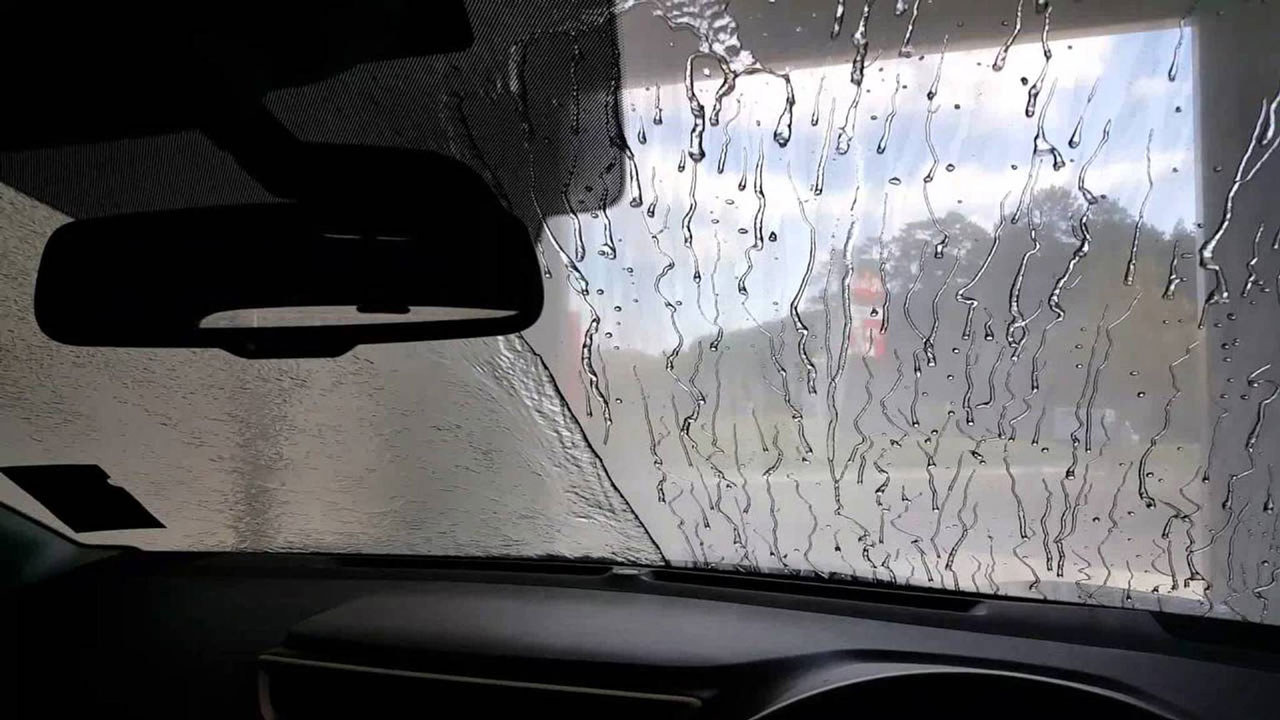
The best way to show the difference between a coated vs non-coated windshield is to show a real-world example. The driver side (left side) of the windshield in this image does not have a nano coating. The passenger side (right side) does.
Prep Work – Before jumping in and applying the product right away, it is necessary to prepare the surface. Start by inspecting the glass first. If you see any major damage, especially on the front windshield, then it might be a better idea to have it replaced first. If there is a crack in the glass anywhere, the ceramic coating will not prevent it from expanding.
After inspection, you’ll want to wash all the glass, use a clay bar to smooth it out, and wipe it down with a diluted isopropyl alcohol spray solution and a clean microfiber towel.
Coating Application – After the glass is prepped, it’s time to apply the coating itself. Make sure to do this somewhere where there is no direct sunlight since sunlight can interfere with the curing process and thus harm the durability of the coating post-application.
Curing and Aftercare – After applying the coating to all the glass, it is recommended to move the vehicle under sunlight to help speed up the curing process. At this point, make sure no water touches the glass for at least 48 hours.
To optimize your results, after the 48 hours have passed, finish off with aftercare which consists of wiping the glass down with automotive soap and water, using the two-bucket approach. Don’t use glass cleaners, since the chemicals within the cleaners can slowly degrade the ceramic coating layer which will reduce its benefits.
Is it Worth It to Apply DIY Coatings on Glass?
There are two schools of thought with ceramic coating installation. First, do you want to replicate some of the benefits (like hydrophobic properties, non-stick, and slipper surface)? If so, you can use a spray-on ceramic or hybrid coating that costs about $20 to $40 and is a spray-on – wipes off solution that can last a few months – with minimal UV protection.
Second, if you’re looking for maximum protection – with the associated benefits – and longer-lasting results are only possible with a professional-grade nano-coating. Ceramic Pro Glass is a specially formulated nano-ceramic coating used only on glass. It helps provide a protective shield on top of the glass, which not only keeps the windows cleaner, with reduced glare and improved water sheeting but also improves UV protection. Our Ceramic Pro coating can help reduce damage to interior parts like the dashboard, seats, and inner trim pieces.
When used in conjunction with a professional-grade IR blocking window tint – it can also reduce the interior temperature, keeping your vehicle cooler during hot summer months. A professional nano-ceramic coating is only applied by a certified auto salon – in a controlled environment, and by expert detailers with years of experience. Plus, each package offered is backed by a warranty based on years of longevity.
If you’re serious about applying ceramic coating on glass and looking for optimal protection and results, click the button below to request a free estimate.


